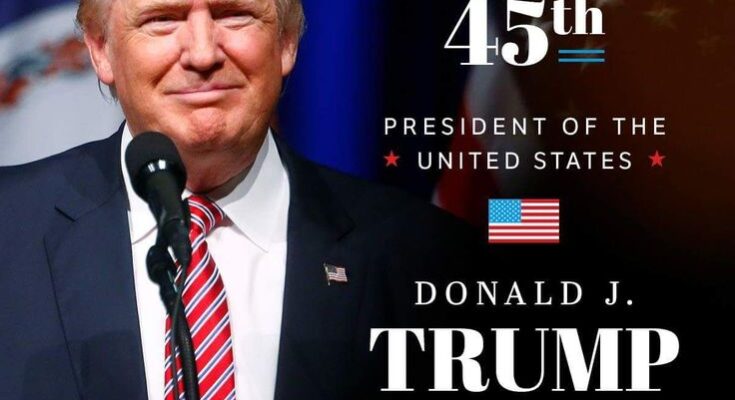In a recent statement, former President Donald Trump acknowledged that his proposed tariffs on imported goods could cause some economic discomfort for Americans. However, he argued that such measures are necessary to protect U.S. industries and workers from unfair foreign competition. Trump’s comments come as he continues to advocate for a more aggressive trade policy, which has been a cornerstone of his political platform.
The Context of Trump’s Tariff Policy
Trump’s stance on tariffs is not new. During his presidency, he implemented a series of tariffs on goods from China, the European Union, and other trading partners, arguing that these measures were essential to protect American jobs and industries. The most notable of these were the tariffs on steel and aluminum imports, which were justified on national security grounds, and the broader tariffs on Chinese goods, which were part of an effort to address what Trump described as unfair trade practices.
These tariffs were met with mixed reactions. While some industries and workers supported the measures, others, including many economists, warned that tariffs could lead to higher prices for consumers and retaliatory measures from trading partners. Indeed, the U.S. saw a range of retaliatory tariffs from other countries, which impacted American farmers and manufacturers.
Trump’s Latest Remarks
In his recent comments, Trump reiterated his belief that tariffs are a necessary tool to level the playing field for American workers. “We have to protect our country,” he said. “If we don’t have tariffs, we don’t have a country.” However, he also acknowledged that these measures could lead to some short-term pain for American consumers. “There might be some initial discomfort,” Trump admitted, “but in the long run, it’s going to be worth it.”
Trump’s acknowledgment of potential economic pain is notable, as it contrasts with his previous rhetoric, which often downplayed the negative impacts of tariffs. During his presidency, Trump frequently argued that other countries would bear the cost of tariffs, not American consumers. However, studies have shown that the costs of tariffs are often passed on to consumers in the form of higher prices.
The Economic Impact of Tariffs
Economists have long debated the effectiveness of tariffs as a tool for economic policy. While tariffs can protect domestic industries from foreign competition, they can also lead to higher prices for consumers and disrupt global supply chains. In the case of Trump’s tariffs on Chinese goods, studies have shown that the costs were largely borne by American consumers and businesses, rather than Chinese exporters.
Moreover, tariffs can lead to retaliatory measures from other countries, which can further harm U.S. industries. For example, China’s retaliatory tariffs on American agricultural products had a significant impact on U.S. farmers, leading to a decline in exports and financial losses for many in the sector.
The Political Debate Over Tariffs
Trump’s tariff policy has been a contentious issue in American politics. Supporters argue that tariffs are necessary to protect American jobs and industries from unfair competition, particularly from countries like China, which have been accused of engaging in practices such as intellectual property theft and currency manipulation. They also argue that tariffs can be used as a negotiating tool to secure better trade deals.
Critics, however, argue that tariffs are a blunt instrument that often do more harm than good. They point to the economic costs of tariffs, including higher prices for consumers and the potential for trade wars, which can disrupt global markets. Critics also argue that tariffs can lead to job losses in industries that rely on imported goods or that are targeted by retaliatory measures.
The Future of U.S. Trade Policy
Trump’s comments come at a time when the U.S. is reevaluating its trade policy. The Biden administration has taken a more multilateral approach to trade, working with allies to address issues such as China’s trade practices and the global supply chain. However, the administration has also maintained some of the tariffs imposed by Trump, particularly those on Chinese goods, indicating that there is still a recognition of the need to protect American industries.
As the U.S. continues to navigate the complexities of global trade, the debate over tariffs is likely to remain a central issue. Trump’s acknowledgment that tariffs could cause some pain for Americans is a reminder of the trade-offs involved in economic policy. While tariffs may offer some protection for domestic industries, they also come with costs that must be carefully considered.



